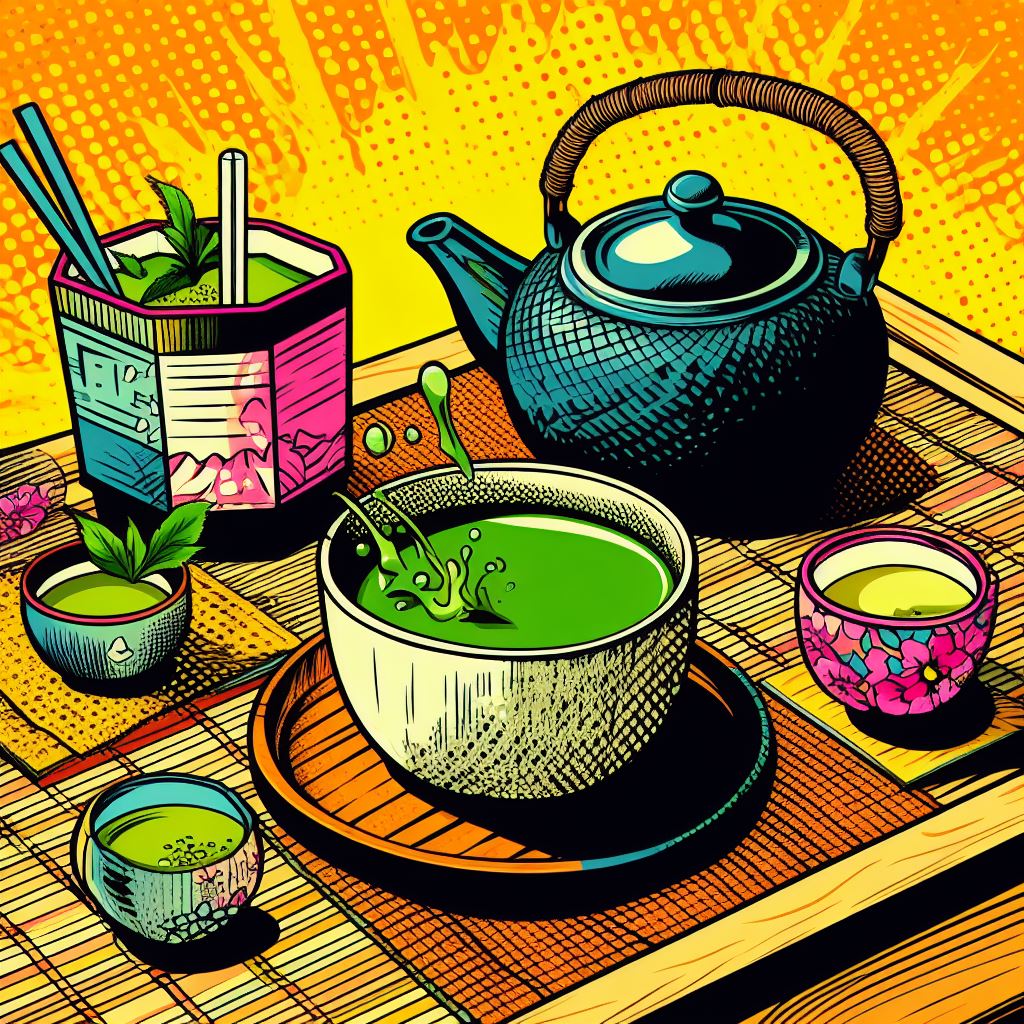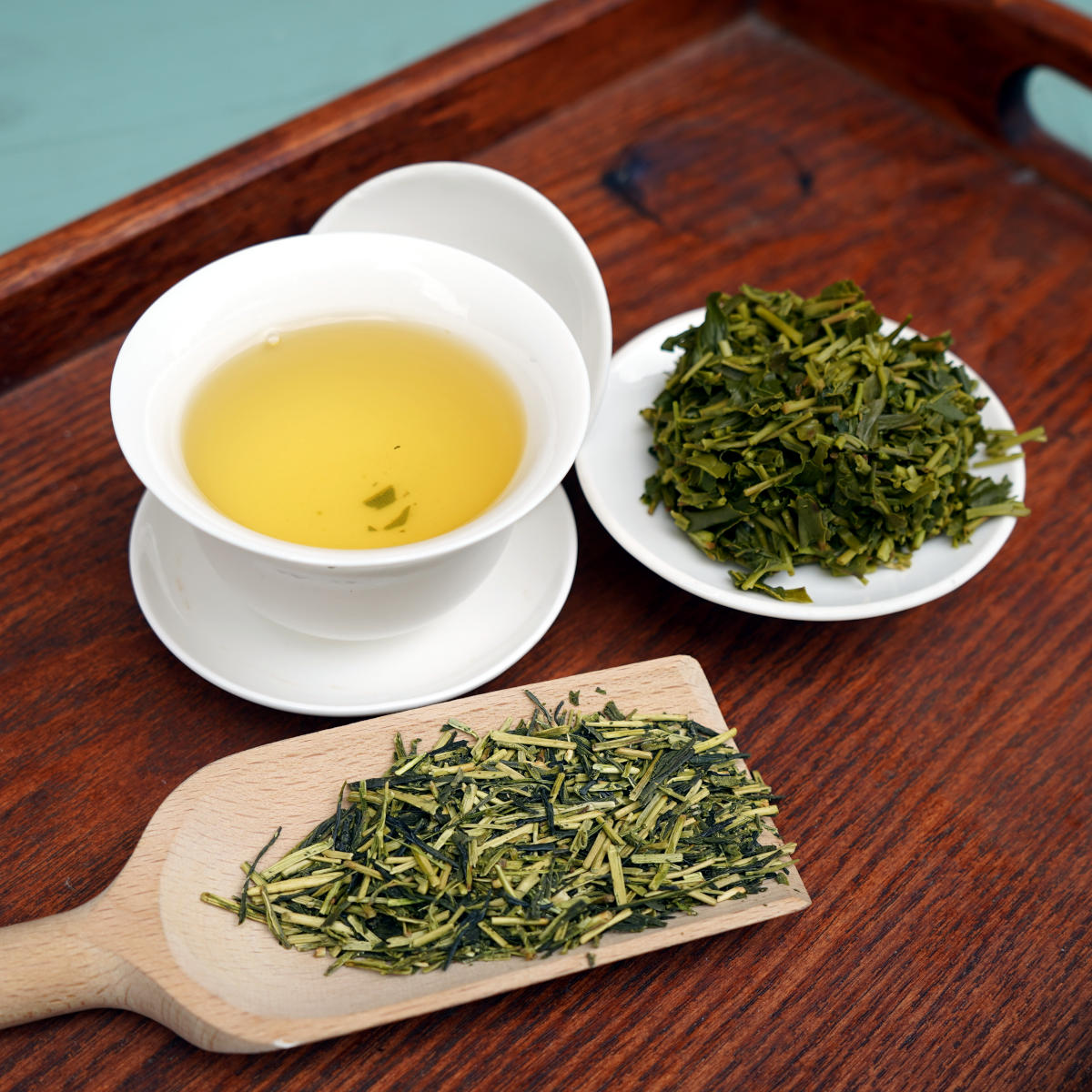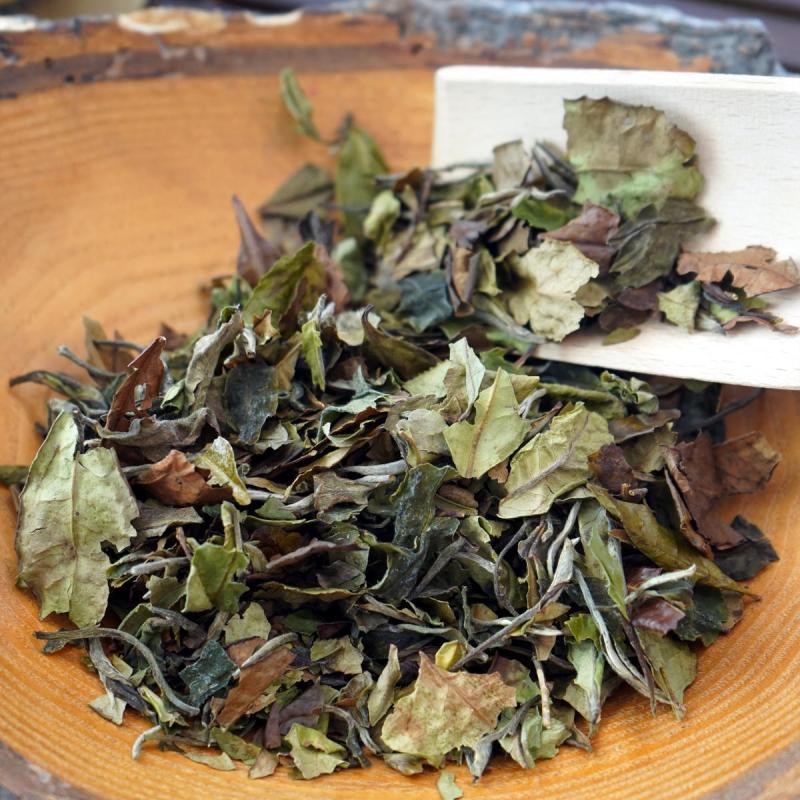The History and Significance of Coffee in Vietnam
Explore the rich history of coffee in Vietnam and its modern-day significance in the global coffee industry.
The Historical Roots of Coffee in Vietnam
Vietnam's coffee story began in the 19th century when French colonialists introduced coffee cultivation to the region. Initially, coffee was grown primarily in the northern regions of Vietnam. However, it wasn't until the 20th century that coffee production gained momentum and began to spread across the country.
One of the key factors that fueled the growth of the Vietnamese coffee industry was the shift from traditional Robusta cultivation to the more popular Arabica and Robusta blends, which made Vietnamese coffee beans more appealing to international markets.
The Significance of Coffee in Modern Vietnam
Vietnam is now one of the world's leading coffee producers and exporters. Its coffee industry has had a profound impact on the country's economy and culture. Here are some key aspects of coffee's significance in modern Vietnam:
Economic Powerhouse
Vietnam is the second-largest coffee producer in the world, following Brazil. The coffee industry plays a vital role in the country's economy, providing jobs and income to millions of people. The export of Vietnamese coffee beans is a major source of revenue for the nation, contributing significantly to its foreign exchange earnings.
Coffee Culture
Coffee has become an integral part of Vietnamese culture. The country is famous for its unique coffee culture, with traditional coffee shops, known as "ca phe," serving as hubs for social gatherings, discussions, and relaxation. One of the most popular coffee beverages in Vietnam is the "ca phe sua da," a strong and sweet iced coffee made with condensed milk.
Diverse Coffee Varieties
Vietnam produces a wide range of coffee varieties, including Arabica, Robusta, and blends of both. The country is known for its robust Robusta beans, which are often used in espresso blends due to their strong flavor and high caffeine content. Vietnamese coffee is cherished for its versatility and ability to cater to various tastes.
Sustainable Practices
Vietnam is increasingly focusing on sustainable coffee production practices. The government and coffee producers are working to promote environmentally friendly cultivation methods and support fair trade initiatives. These efforts aim to ensure the long-term sustainability of the coffee industry in Vietnam.
In Conclusion
Coffee's journey in Vietnam, from its colonial introduction to its current status as a global coffee powerhouse, reflects the country's ability to adapt and thrive in the international coffee market. The significance of coffee in modern Vietnam extends beyond economics, shaping the cultural fabric and daily life of the nation.
Also a part of my coffee adventure:
New Stuff
 | 3 Common Grades of Matcha Matcha, a finely ground powder of specially grown and processed green tea leaves, has become a global phenomenon. |
 | Kukicha: A Unique Japanese Tea Kukicha is naturally low on caffeine, but still rich in taste. That makes for a perfect afternoon and evening tea. |
 | White Tea White tea, a name synonymous with purity and elegance, beckons tea lovers seeking a subtle yet captivating experience. |
 | Unveiling the Delicate Elegance of Pai Mu Tan White Tea Have you ever craved a tea that embodies pure refinement? Look no further than Pai Mu Tan, a white tea celebrated for its delicate taste and minimal processing. |
 | Assam Tea A bold brew from the foothills of the Himalayas and one of the most popular teas. |
 | Opening Times New opening times from 1st of November 2023! Mon - Thu 09:30 AM - 05:30 PM, Fri & Sat 9:30 AM - 07:00 PM ... Sun closed |
 | When sombebody vouches for a gift they buy a gift voucher. Now at RealiTea! |
